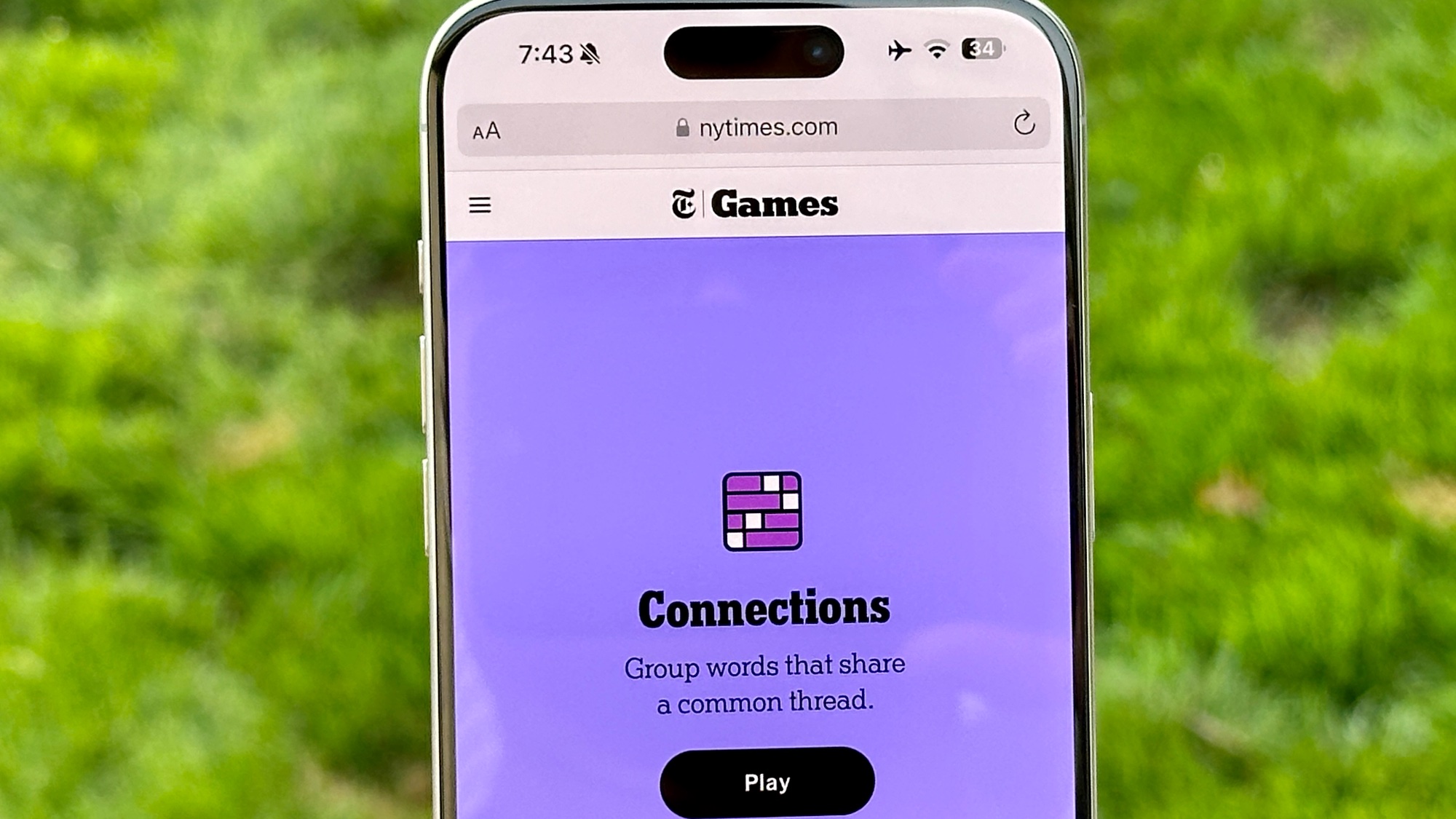Cloverfield Paradox Review Roundup: It's a Disasterpiece
The Cloverfield Paradox may look like a fantastic new sci-fi movie, but its murky storytelling and poor script fails its stellar cast.
According to the critics, The Cloverfield Paradox is as puzzling as its name suggests, but for the wrong reason.
The film, which Netflix announced with an ad during the 2018 Super Bowl (and released that same night) has all the trappings of a great sci-fi movie, but fails to build from there.
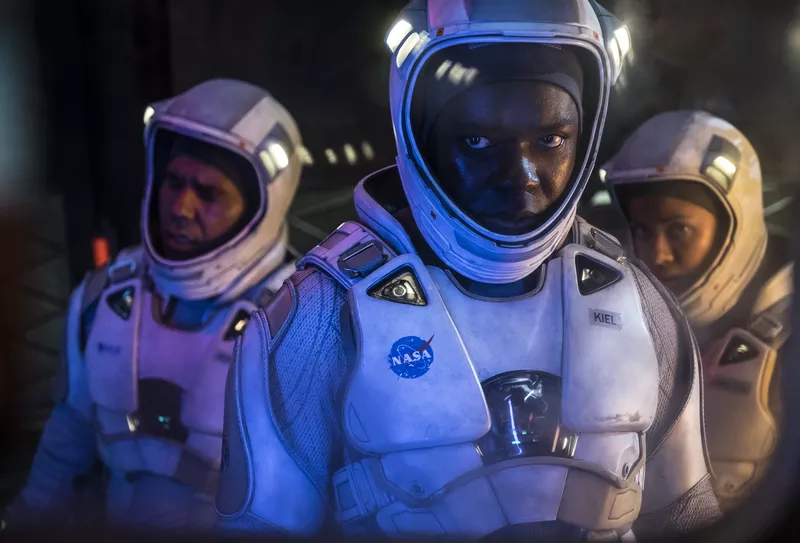
While one critic pointed out that the film's director lent some emotional gravitas to the proceedings, the reviews are nearly all negative. Which is a shame, considering how 10 Cloverfield Lane (the previous chapter in the series, which also got a surprise release) delighted audiences and critics alike.
MORE: 30 Best Netflix Movies to Stream Now
Here's what the critics have to say about The Cloverfield Paradox:
The Verge
Why you can trust Tom's Guide
In her review at The Verge, Tasha Robinson wrecked The Cloverfield Paradox, taking it apart just like the the first Cloverfield movie's monster destroyed The Statue of Liberty.
"No one involved in creating this movie seemed to have any clue what kind of tale it’s telling from one minute to the next." - Tasha Robinson, The Verge.
The Bad
"Unlike the first two films in the series, Cloverfield Paradox doesn’t stand on its own as a horror movie, or even as a standalone story. There’s no central idea, no governing principle, and more to the point, virtually nothing frightening about it. No one involved in creating this movie seemed to have any clue what kind of tale it’s telling from one minute to the next.
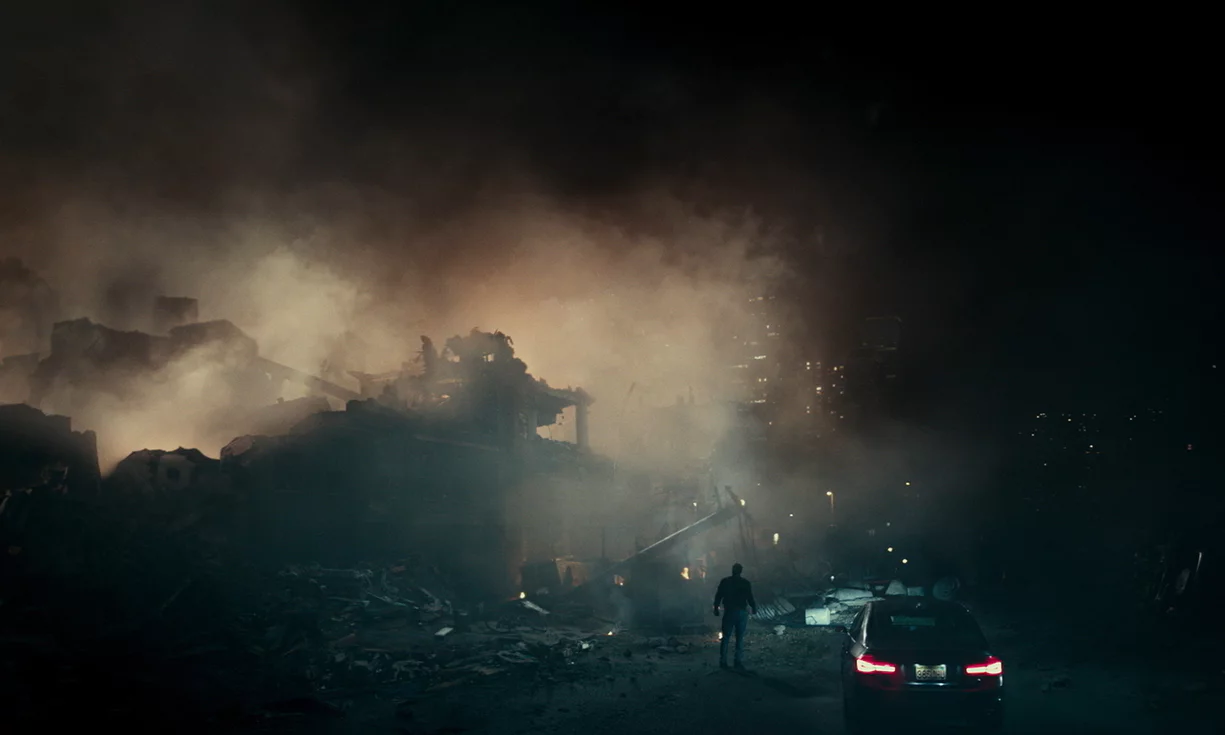
"After watching the film, it feels more like Paramount knew it had a dud on its hands, and dumped it in the most cost-effective way possible on another distributor — who then rushed to get it to viewers before word could spread about what an unqualified, incoherent stinker it really is."
"Cloverfield Paradox’s primary job was to tap into viewers’ fears and tell a frightening story about something. Anything. And it doesn’t. It could have been a comedy, or it could have used its tropes to say something unnerving about the genuinely scary looming energy crisis."
The New Yorker
In a piece for The New Yorker, Richard Brody noted that The Cloverfield Paradox has all the tools to be a successful film, with none of the execution, and even points out something good about the film (its director's influence), which few other critics could.
"The movie devolves into a seemingly haphazard sequence of actions." - Richard Brody, The New Yorker.
The Good
The director, Julius Onah—this is his first big-budget feature—brings earnest calm to the melodramatic elements and wry restraint to the comedic ones.
The Bad
"What’s worst about “The Cloverfield Paradox,” … is that it didn’t have to be bad. The film … assembled a charismatic cast, headed by Gugu Mbatha-Raw, Chris O’Dowd, Elizabeth Debicki, David Oyelowo, Daniel Brühl, and Zhang Ziyi, and its core idea, from a script by Oren Uziel (who wrote the story with Doug Jung), involves the kind of straightforwardly complex mind game that can turn a mere space adventure into a seductive labyrinth."
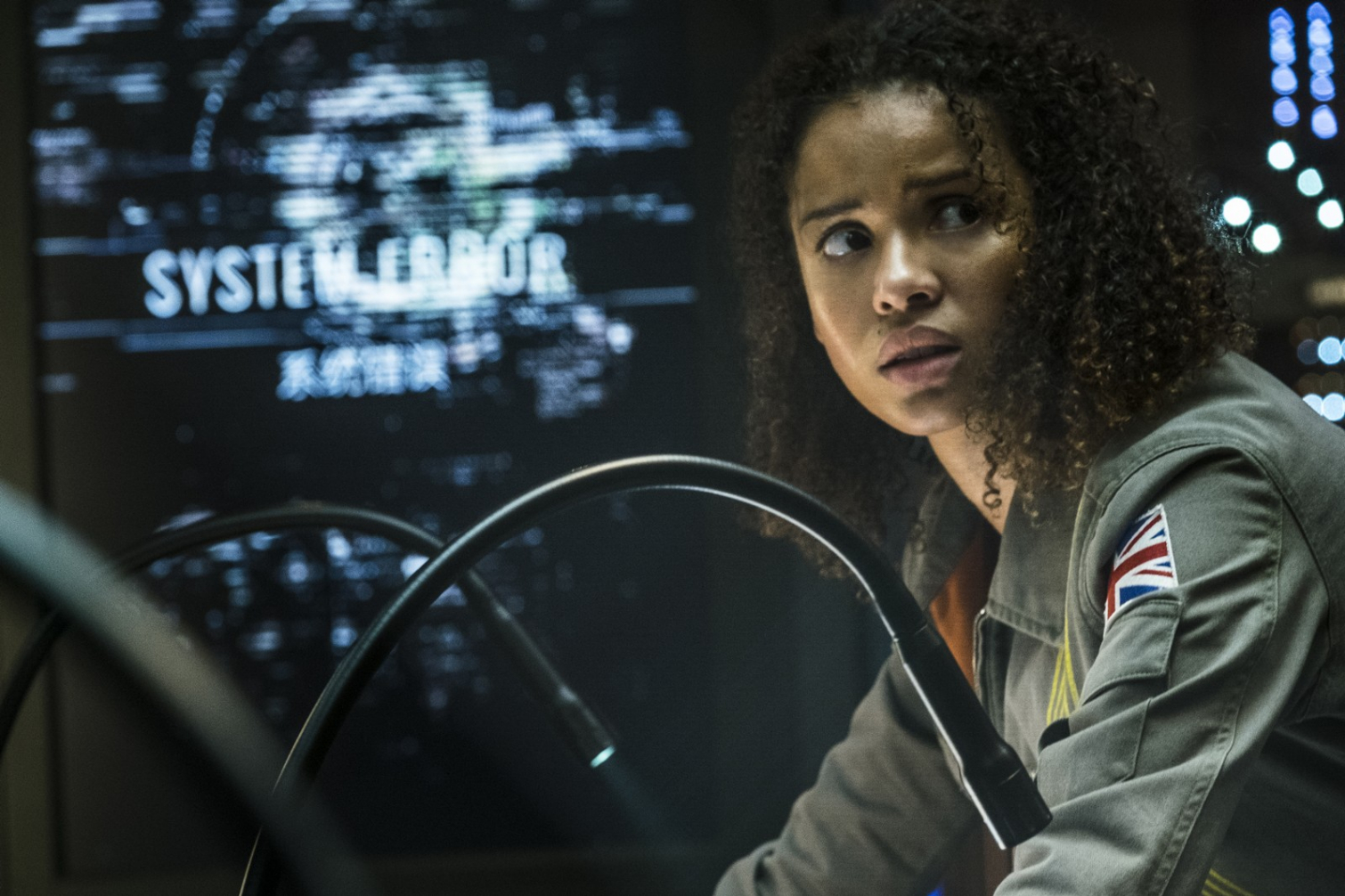
"Failing to engage with its ideas, its premise, and its characters, the movie devolves into a seemingly haphazard sequence of actions that turns the drama into a series of set pieces, as if borrowed from Agatha Christie, that thin out the ranks of the crew one by one and maintain an illusion of inventive variety by contriving different pretexts and methods for disposing of them. "
io9
Another all-negative review came from io9's Germain Lussier, who also pondered how far The Cloverfield Paradox could have gone, considering its cast.
"The cast try their damnedest to breathe life into the film. It just so happens the script and direction simply aren’t up to their standard." - Germain Lussier - io9
The Bad
"The film is incredibly flat, the structure is way too familiar, and almost all of the characters are paper-thin. There are a few cool sight gags and design choices, but beyond those, most of the film is an exercise in banality."
"The action is sporadic at best, but even then, there’s no tension to it. And many times, what’s happening on screen doesn’t make much sense. The characters have to accomplish a specific goal, but the methods to get there feel infuriatingly arbitrary."
"By the end, the one emotional through-line the story has been building gets a decent payoff, but it’s so tonally off from the rest of the movie, it doesn’t land."
"This is all very disappointing, again, because even in their underwritten roles, the cast is fantastic. Debicki, Mbatha-Raw, and O’Dowd in particular are trying their damnedest to breathe life into the film. It just so happens the script and direction simply aren’t up to their standard."
The New York Times
At The New York Times, Glenn Kenny notes that while Cloverfield Paradox has an interesting idea at its roots, the film's positives end there.
"As a theatrical movie, it would have been a nonevent; as a Netflix event it is, to coin a phrase, fake news." - Glenn Kenny, The New York Times
The Bad
"After multiple failures, the mission succeeds. But not in a good way. Earth disappears from the station’s view, providing a novel existential crisis for the space dwellers. … Sounds intriguing, but the actual movie is strangely plain, eyesore-overlit and uselessly frantic."
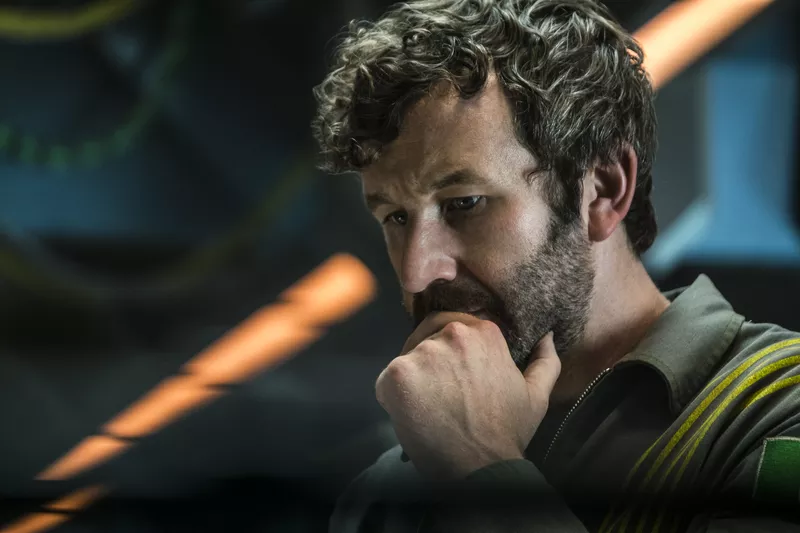
"It devolves into clichéd “I can’t let you do that” confrontations on its way to a trifling punch line. As a theatrical movie, it would have been a nonevent; as a Netflix event it is, to coin a phrase, fake news."
IndieWire
IndieWire's David Ehrlich starts his review by talking about the good ol' days when Cloverfield movies were good, to set up the argument that Paradox has desecrated the franchise.
"The 'Cloverfield' brand — until yesterday a magic word capable of stirring excitement out of nothing — is now tainted beyond recognition." - David Elrich, IndieWire
The Bad
"It’s too soon to say if 'The Cloverfield Paradox' killed its franchise (a fourth installment is already slated for later this year), but it’s already clear that the 'Cloverfield' brand — until yesterday a magic word capable of stirring excitement out of nothing — is now tainted beyond recognition."
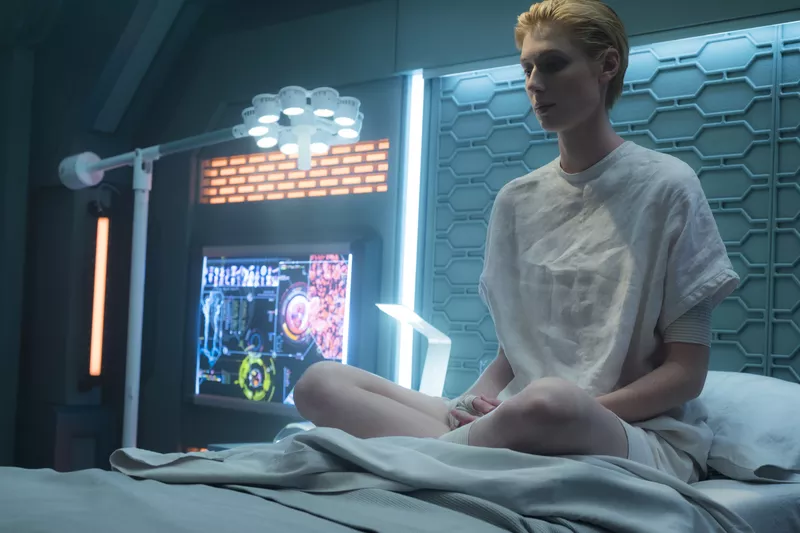
"The story spends 50 minutes establishing that matter is effectively re-writing itself, and then wastes the next 50 minutes watching the blandest astronauts of all time run around cheap sets and yell fake jargon at each other about fictional spaceship parts."
"It’s worth remembering that the “Cloverfield” movies were only able to successfully disrupt conventional distribution methods because they’re good. The best thing you can say about this one is that it’s free with your Netflix subscription."
Credit: Scott Garfield/Netflix
Sign up to get the BEST of Tom's Guide direct to your inbox.
Get instant access to breaking news, the hottest reviews, great deals and helpful tips.

Henry is a managing editor at Tom’s Guide covering streaming media, laptops and all things Apple, reviewing devices and services for the past seven years. Prior to joining Tom's Guide, he reviewed software and hardware for TechRadar Pro, and interviewed artists for Patek Philippe International Magazine. He's also covered the wild world of professional wrestling for Cageside Seats, interviewing athletes and other industry veterans.
-
elite15 The same critics that said Bright was bad as well. Im starting to think all these critics need a new line of work!Reply -
john.c.fenton "Cloverfield" is a series of short stories that many want to believe are tied to each other. The universal hatred for the 3rd installment is simply due to the fact that the "answers" to the questions from one and two and the attempt to make them related is not being addressed. This is causing confusion, frustration, and disappointment. Stop trying to make them related and view them as the separate stories they are. While not Academy Award caliber, they provide thought provoking matinee entertainment. As for anything a critic says, I reject their views as arrogant opinions of jaded attention grabbers, desperate to be the one who will be remembered for commenting on a movie. While they might have a interesting point of discussion, it's buried under so much me, me, me, me, me...Reply -
boborr007 I watched "Cloverfield" last night. This movie had great Hype but it did not live up to the trailer. Not the worst Sci-fi movie I ever saw but certainly way down at the bottom. The plot was all over the map. The setting was OK but lacked details that could have developed the characters better. The editor and the writers clearly were not in sync. It wasn't until the very end did I get a "hint" that this was meant to be a series of stories that tied anything together. This could have been a good movie but it was an "epic fail"Reply
